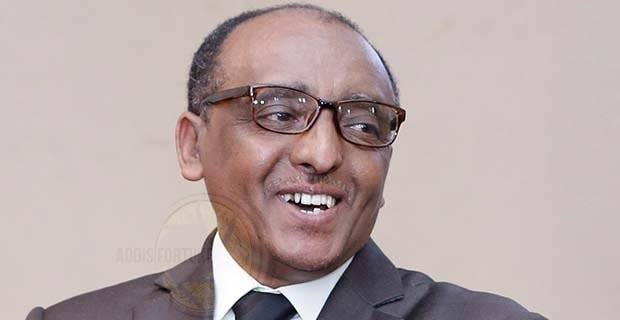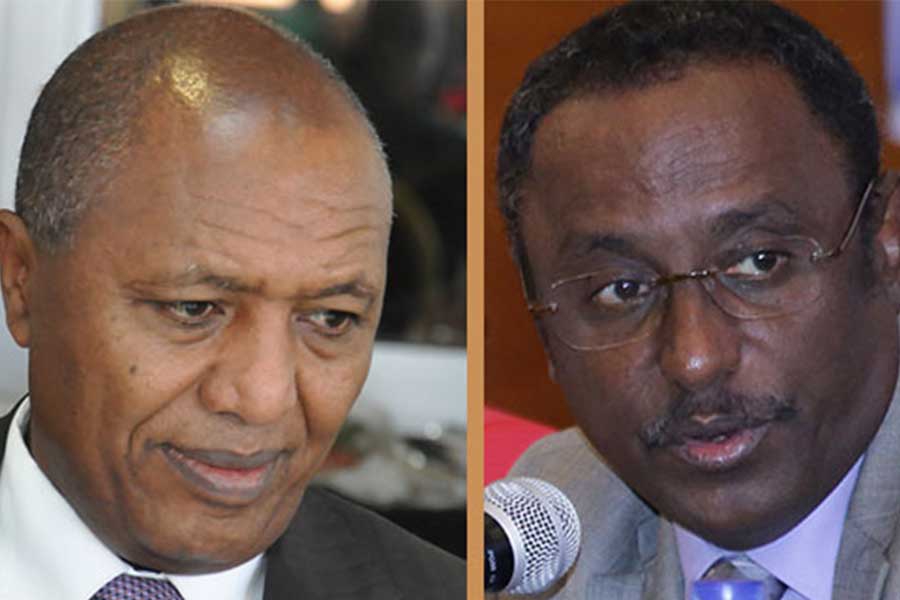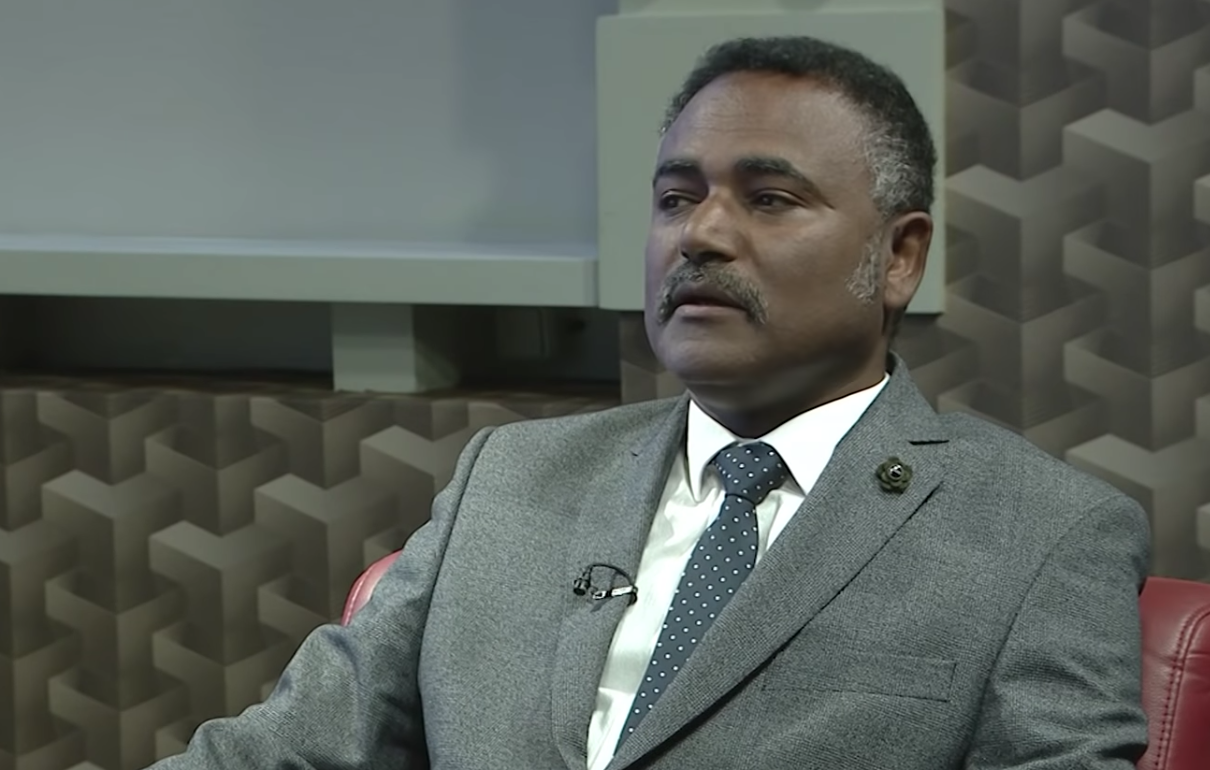
Fortune News | Aug 14,2021
Feb 1 , 2019
By Eden Sahle
Beyond the timeless architecture and history of the Westminster Parliament in the United Kingdom, what goes on inside, perhaps not surprisingly, stands in stark contrast to the state of affairs here at Arat Kilo.
The debates between members of parliament are not for the light-hearted, and neither would they be swallowed easily by those that believe they have a right not to be offended. But it proves the care and concern MPs have for their constituencies.
They take every opportunity to challenge the government, raising questions through well-prepared debates. It seems like it takes place in a different universe, let alone different continent, from Ethiopia, where members of parliament praise, cheer and sing to the tune of the incumbent in the executive as if they are guests at a wedding. Their meekness is notorious to the point that whenever there is disagreement over an issue in parliament, this difference of opinion by itself is newsworthy.
This depressing predicament has had a profound impact on policy making, serving as the prerequisite for the lack of the multiparty democracy envisioned in the constitution. The concentration of power in the hands of a single political parties has diluted the ability of MPs to question and probe the government about decisions.
The rule of the majority alone is not democracy. It requires the existence of a difference of opinions that sets an opposition to the government and its actions apart. The lack of it makes democratisation an exercise in futility, since MPs that share a similar ideology and party will find loyalty to the incumbent more important than accountability to the public.
It must be understood that the functions of MPs as representatives of the public is also to scrutinise the actions of the government, as well us to help address the challenges of the country.
Like in most parts of the world, young people remain vastly under-represented in Ethiopia’s political decision-making. Although over half of the world’s population is under 30 years of age, they account for less than two percent of the world’s MPs, according to the Inter-parliamentary Union. Nearly one third of the world’s single or lower houses of parliament do not have any MPs less than 30 years of age and a third of eligible voters less than 25 years have never voted.
There are many political and societal problems, such as poverty, mediocrity and inefficiency, that we have become too comfortable to do anything about. But the longer we ignore such issues, the more complicated they will become. The rift between representatives and constituents will fester the longer it is ignored. The first steps that need to be taken are for current MPs to take stock of the problem and work for the benefit of their young constituents.
The Ethiopian public’s trust in democratic institutions has been severely undermined, mostly owing to the hegemonic tendencies of the executive but also the timidity of parliament. It has stood by as the judiciary and bureaucracy were incapacitated.
It is only appropriate that we seek dialogue on political reforms and learn from past mistakes. Lawmakers must strive to check the influence and power of the executive and bring accountability in the interest of the electorate to government.
MPs must experience their roles fully and plant the foundation for good governance. They carry the seed of accountability for the generations to come after us. Their actions and inactions will influence the rights the public will have. Good governance is a treasure to be passed on to generations to come. We should not be hindered from making progress by ignoring problems.
The ability to put accountability into practice is the symbol of a democratic parliament. It should be open and transparent, accessible, accountable and effective. MPs should be socially and politically conscious and consistent in upholding democratic values.
There should be a difference of opinion in parliament to effectively represent public demands. Accountable parliaments have members who are answerable to the electorate for their performance in office and the integrity of their conduct. There must be genuine standards and enforceable codes of conduct for MPs.
Parliaments need to be effective at drawing up laws, holding governments to account and being a national forum for issues of concern. They should interact effectively with regional authorities, cooperating and consulting with them.
The responsibility of any member of parliament still depends on the public need, understanding and the satisfactory discharge of those duties according to public expectations.
PUBLISHED ON
Feb 01,2019 [ VOL
19 , NO
979]

Fortune News | Aug 14,2021

Fortune News | Sep 14,2020

Fortune News | Mar 26,2022

Editorial | Jan 25,2020

Fortune News | May 09,2020

Fortune News | Sep 04,2021

Radar | Mar 14,2020

Fortune News | Mar 12,2020

Life Matters | May 04,2019

Fortune News | Mar 16,2019

Photo Gallery | 178476 Views | May 06,2019

Photo Gallery | 168674 Views | Apr 26,2019

Photo Gallery | 159481 Views | Oct 06,2021

My Opinion | 137078 Views | Aug 14,2021
Commentaries | Oct 25,2025

Dec 22 , 2024 . By TIZITA SHEWAFERAW
Charged with transforming colossal state-owned enterprises into modern and competitiv...

Aug 18 , 2024 . By AKSAH ITALO
Although predictable Yonas Zerihun's job in the ride-hailing service is not immune to...

Jul 28 , 2024 . By TIZITA SHEWAFERAW
Unhabitual, perhaps too many, Samuel Gebreyohannes, 38, used to occasionally enjoy a couple of beers at breakfast. However, he recently swit...

Jul 13 , 2024 . By AKSAH ITALO
Investors who rely on tractors, trucks, and field vehicles for commuting, transporting commodities, and f...

Oct 25 , 2025
The regulatory machinery is on overdrive. In only two years, no fewer than 35 new pro...

Oct 18 , 2025
The political establishment, notably the ruling party and its top brass, has become p...

Oct 11 , 2025
Ladislas Farago, a roving Associated Press (AP) correspondent, arrived in Ethiopia in...

Oct 4 , 2025
Eyob Tekalegn (PhD) had been in the Governor's chair for only weeks when, on Septembe...

Oct 25 , 2025 . By YITBAREK GETACHEW
Officials of the Addis Abeba's Education Bureau have embarked on an ambitious experim...

Oct 26 , 2025 . By YITBAREK GETACHEW
The federal government is making a landmark shift in its investment incentive regime...

Oct 29 , 2025 . By NAHOM AYELE
The National Bank of Ethiopia (NBE) is preparing to issue a directive that will funda...

Oct 26 , 2025 . By SURAFEL MULUGETA
A community of booksellers shadowing the Ethiopian National Theatre has been jolted b...